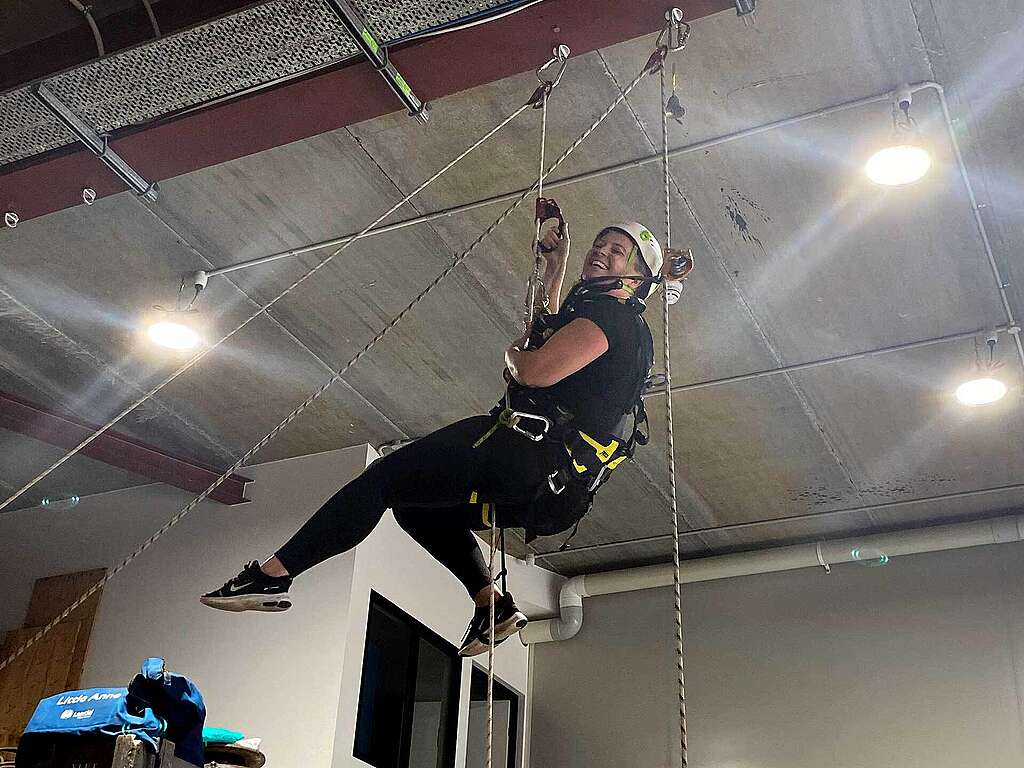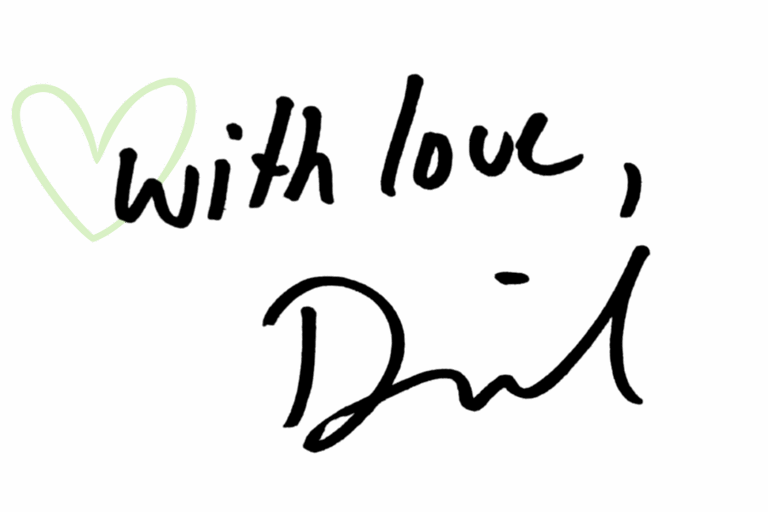In any workplace, there are always some people whom you know better than others.
Kara has been with Greenpeace for a number of years now, but we have had little opportunity for much direct interaction due to our different roles and locations. You might have seen Kara’s work, though, because she is one of the custodians of our beautiful website.
The other day, though, Kara said something which landed with me very deeply.
We’d both been part of a group talking about what keeps each of us grounded and nourished for the work we need to do, in the face of all that is going on in the world—and the challenges that are yet to come. It is a conversation I suspect many of us are having right now, especially in the days since the publication of the highly confronting National Climate Risk Assessment.
Unsurprisingly, many of us expressed finding solace in nature, and the love of our families, friends, and animal companions. Some talked about detachment practice or forms of release—whether through meditation, music, sport, dance, reading or whatever. Each to their own.
Kara’s contribution to the conversation was to add that she had found ‘peace through action’.
The concept of ‘making it a green peace’ through taking campaign action to make change in the world is one thing—it is literally in Greenpeace’s nominative origin story. But I understood Kara to be saying something different; taking action to create a better world, as also giving rise to some inner solace.
A day or two later, I bumped into Kara in the kitchen at Rainbow Warrior House and asked her if she felt like sharing any more about what she’d meant..
Kara’s face shaded to a considered seriousness as she told me that, like so many of us, she’d been horrified by the 2019-2020 ‘Black Summer’ fires and had looked long into the faces of her kids, troubled about the future. An advertisement for a role with Greenpeace offered an alchemic cure for the horror; an opportunity to use her skills to make a significant contribution to the imperative of what needs to be done. She could achieve some measure of ‘peace through action’, knowing that when everything was at stake, she was there, doing her thing, for the cause of the common good.
And happily, Kara has been a great part of our team ever since.

I feel deep kinship with what Kara described. My own experience of ‘peace through action’ is a kind of flow state—a sense of being wholly absorbed, energised, and renewed by the work that stems from knowing you are doing what you can, with all that you are, among people who are similarly committed.
Working for Greenpeace has provided both Kara and me with a pathway, but the truth is that there are numerous forms and places of essential action—volunteering, donating, activism, communicating, organising, inventing, creating, leading, participating, sharing—there is so much to be done. Opportunities exist within every major business, institution, profession, community and government department to participate in the action to drive change to shift our economy and society at emergency speed and scale.
Whoever you are, wherever you stand, whatever you do, there’s a part that each of us can play to do our biggest thing, making our greatest contribution, to addressing this moment of planetary crisis.
And so it is that together we may yet feel some sense of inner peace, and ‘make it a green peace’, simultaneously, through our action.
So thank you for sharing what you were thinking, Kara, and for being a colleague. Thank you for being one of the millions of people all around the world, all of whom are doing our best, and for the reminder that none of us is ever alone in this urgent work.
And thanks to you, who are reading this, for being part of Greenpeace, too. Because none of us can bear the fate of humanity or life on earth on our shoulders alone; but through our shared love, strength and creativity, together we can, and will, bend our future back towards the light.

Q&A
After the collapse of the Global Plastics Treaty negotiations last month, I was asked by a few people why reaching an agreement was so hard, given that everyone hates plastic rubbish.
Most of the 185 countries supported a strong agreement to cut plastic production but negotiations were hindered by a minority of governments.
Plastics production is deeply entwined with fossil fuels—oil, gas, coal and plastic pollution are in it together. Scientists have estimated that 95% of plastics are derived from the petrochemical industry. And overwhelmingly, it was fossil fuel-producing countries and private fossil fuel lobbyists who derailed the Global Plastics Treaty talks. In other words, it is the same gang of political and economic interests hindering progress on tackling global warming that is also doing the same to international efforts to curb plastic pollution.
This should not be allowed to happen. Both the UN Framework Convention on Climate Change and the Intergovernmental Negotiating Committee on Plastic Pollution (INC) were instruments set up by the countries of the world through the UN to deal with problems that originate from the fossil fuel industry. Fossil fuel lobbyists can play no constructive role in this context.
The petrochemical industry clogs up governments and international negotiations, just as they do the stomachs and throats of baby birds. The disinformation, half-truths and distractions promulgated by these vested interests pollute public policy—just as the micro-pollutants for which they are responsible physically contaminate human brains.
So, enough is enough. We need decision-makers to speak plainly about the wrecking role that vested fossil interests play in global negotiations, and to support measures to clean up the process from destructive interests.
Meanwhile, the campaign doesn’t stop. For Greenpeace and others campaigning on the issue, and for every human being in the world disgusted by the blight of plastic pollution, the work goes on.
